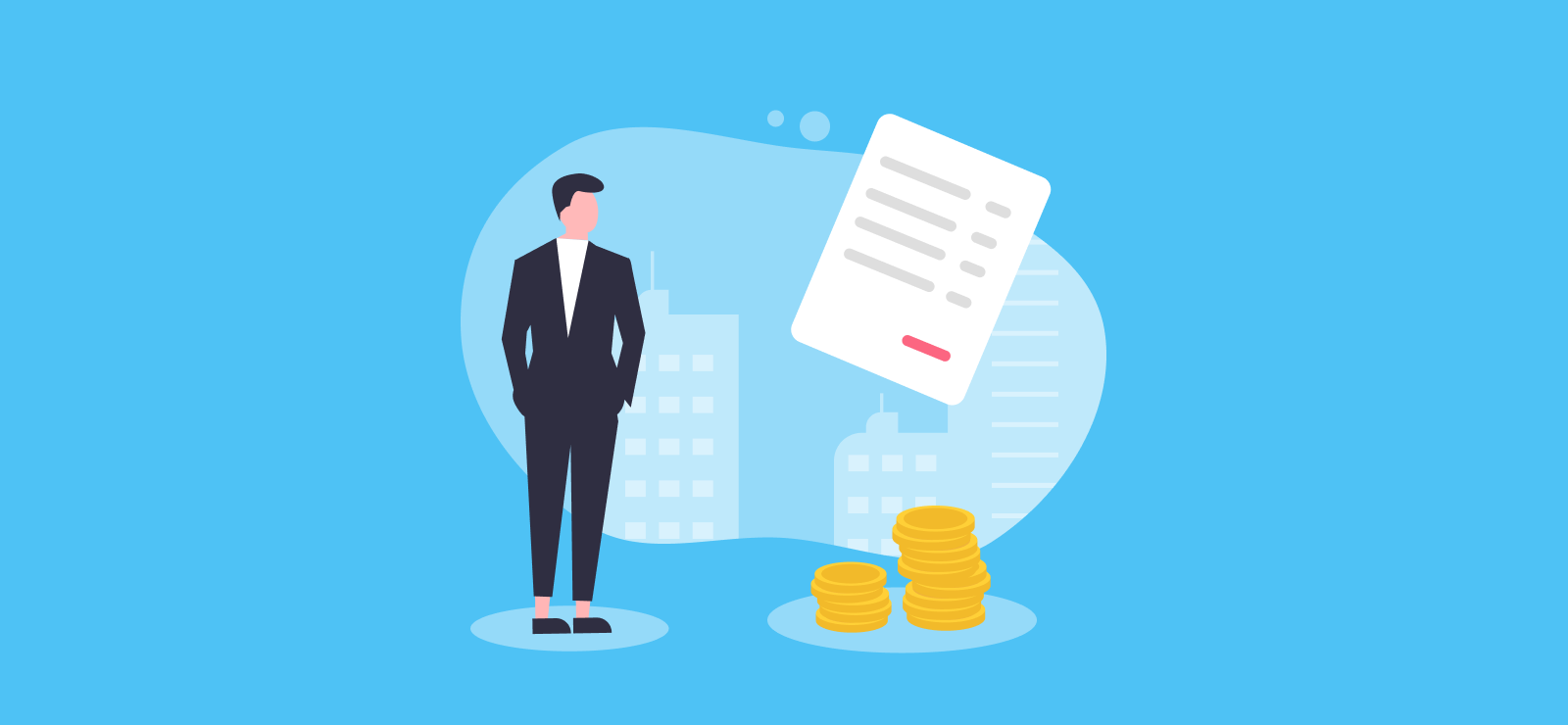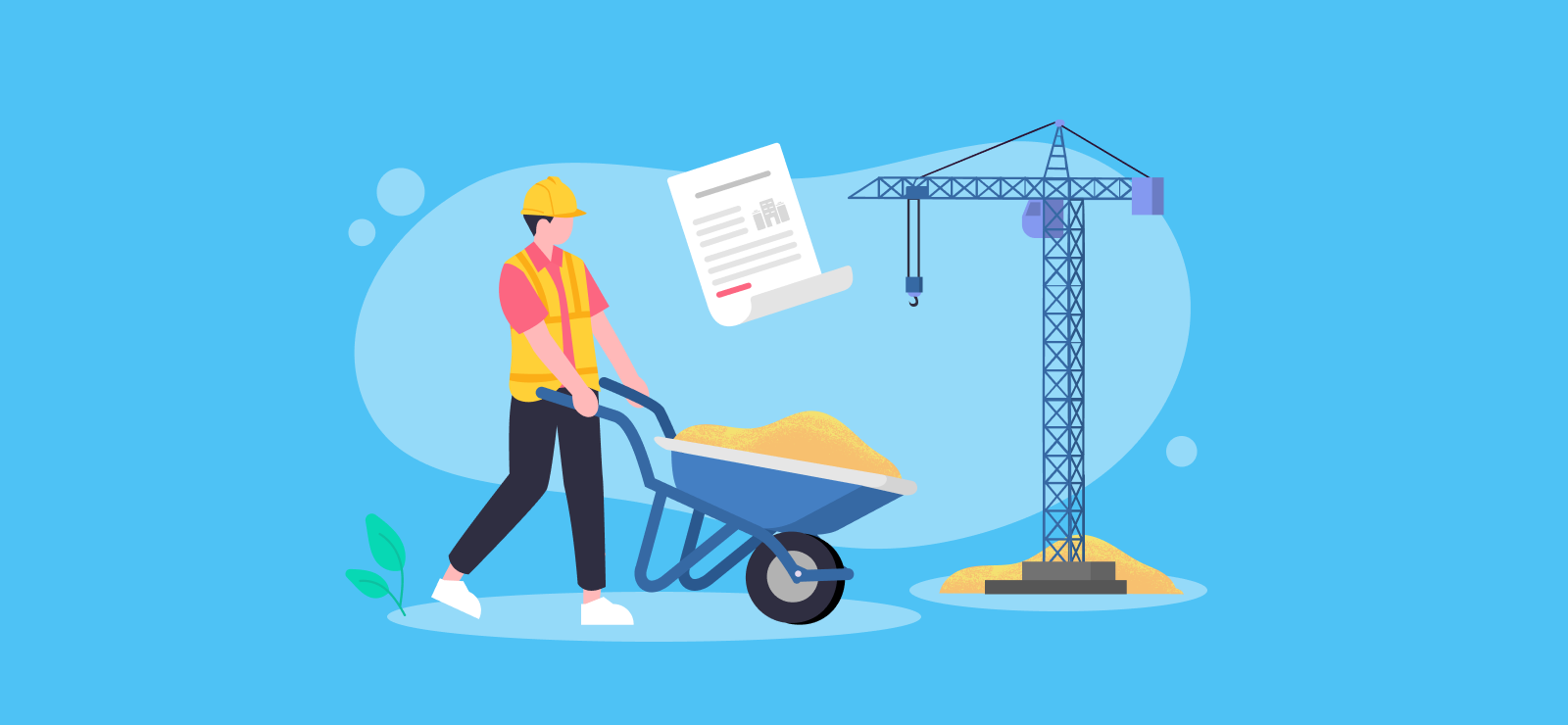

Your Guide to Business Asset Rollover Relief
If you’re selling, or ‘disposing’ of an asset, you may need to pay Capital Gains Tax. But if you’re planning to use that money to replace the asset with a new one, you could be entitled to Business Asset Rollover Relief. In this blog, we’ll explain exactly what it is, who’s eligible, and the potential benefits. You can also use our free Capital Gains Tax calculator to estimate your bill.
But first, what is Capital Gains Tax?
Capital Gains Tax is a type of tax you pay on the profit (or gain) you make when selling or disposing of an asset you own. This normally applies to individuals and business structures where there’s no legal distinction between you or the business. For example, a sole trader or a general partnership.
It’s important to note that not every asset you dispose of is subject to Capital Gains Tax. For example, you won’t pay Capital Gains Tax if you sell your only home or your car if it’s been used completely for personal use – it’s mostly for any assets you sell within your business (depending on its legal structure).
Limited companies can make capital gains too (for example, because they’ve disposed of a company asset), but they won’t pay Capital Gains Tax – they pay Corporation Tax on the gain.
What is Business Asset Rollover Relief?
Business Asset Rollover Relief is a type of tax relief that allows you to delay paying tax on any Capital Gains you make when selling or ‘disposing’ an asset as long as all or part of the gain is used to purchase a new asset.
This doesn’t mean you’re off the hook with Capital Gains Tax forever, but you won’t have to pay it unless you dispose of the new asset.
If you plan to buy a new asset with the profits from selling the previous one but haven’t yet got round to it, you can claim for provisional relief. You may also be eligible to claim relief if you use any of the proceeds to improve any assets you already own.
How does it work?
Here’s an example of when you may qualify for Business Asset Rollover Relief and what this means.
For example
Let’s say you’re a sole trader, and you’ve recently sold your old office building for £300,000. You originally bought it for £200,000, so you’ve made a £100,000 gain.
Normally, this gain would be subject to Capital Gains Tax (CGT). However, you used all of the proceeds to purchase a new office building. This means you may be eligible for Business Asset Rollover Relief.
If you are eligible, the £100,000 gain is ‘rolled over’ – which means it’s deducted from the base cost of your new office building. So, instead of having a base cost of £300,000, your new building is treated as if it cost £200,000 when it’s time to work out CGT.
You won’t pay CGT immediately. Instead, the gain becomes deferred, and you’ll pay CGT only when you sell the new property.
In a nutshell, the gain you made from the sale of your old property has been transferred to the new one, delaying your CGT bill until you eventually sell the new asset.
Who is eligible for BARR?
Business Asset Rollover Relief can be used by both sole traders and limited companies. You can claim full, or partial relief when it comes to Business Asset Rollover Relief. There are different requirements depending on which one you’re going for, which we explain below:
Full relief
To qualify for Business Asset Rollover Relief (in full), you need to hit certain criteria:
- You need to buy the new asset within 3 years of selling or disposing of the old one
- Both your old and new assets need to have been used in your business
- Your business must be trading when you sell the old assets and purchase the new ones
Partial relief
You may be able to claim partial relief if:
- You reinvest part of your proceeds from selling your old asset/s
- Your old assets were used partly in your business
- You use some of the proceeds to buy depreciating assets – for example fixed plant and machinery or assets expected to last less than 60 years. We go into more detail about depreciating assets in a separate article.
This is a complicated area of the tax rules, so we strongly recommend getting help from your accountant for more information!
What can I claim Business Asset Rollover Relief on?
You can claim Business Asset Rollover Relief on things such as land and buildings, and fixed plant or machinery – for example, a forklift or office furniture.
How do I apply for Business Asset Rollover Relief?
To apply for this relief, you need to fill out a form – HS290 Business asset roll-over relief. You’ll include this in your Self Assessment or MTD Income Tax return.
Should I claim Business Asset Rollover Relief, or Business Asset Disposal Relief?
This really depends on what you plan to do once you’ve sold the assets. Business Asset Disposal Relief (BADR) is a type of tax relief that reduces the amount of Capital Gains Tax you need to pay after disposing of an asset, rather than delaying it.
So, if you don’t plan to reinvest in any new assets any time soon, or you’re exiting the business – it could be the better option.
Business Asset Rollover Relief (BARR) on the other hand, may be more beneficial to anyone looking to reinvest their proceeds rather than taking the profit now, and individuals who want to preserve cash flow and defer tax. Everyone’s situation is different, so be sure to speak with your accountant for more advice.
Learn more about our online accounting services for businesses. Call 020 3355 4047 to chat to the team, and get an instant online quote.
Want to learn more?
Subscribe to our newsletter to get accounting tips like this right to your inbox

Read more posts...

Reporting and Paying Corporation Tax
5th December 2025If you run a business in the UK then you might need to submit a Company Tax Return and pay Corporation Tax…
Read More
Can I Claim Tax Relief on Instagram Giveaways?
5th December 2025If you’re a content creator or a small business owner regularly posting online, figuring out what you can and can’t claim tax…
Read More
How to Deal With Tax as a Contractor in the Construction Industry
4th December 2025Contractors who operate in the construction industry might have several areas of tax they need to think about. You’ll have your own…
Read MoreConfirm Transactions
The number of monthly transactions you have entered based on your turnover seem high. A transaction is one bookkeeping entry such as a sale, purchase, payment or receipt. Are you sure this is correct?
Please contact our sales team if you’re unsure
VAT Returns
It is unlikely you will need this service, unless you are voluntarily registered for VAT.
Are you sure this is correct?
Call us on 020 3355 4047 if you’re not sure.
Bookkeeping
You will receive our bookkeeping software Pandle for free, as part of your package.
You can use this to complete your own bookkeeping, or we can provide a quote to complete your bookkeeping for you.
Please select and option below:
Call us on 020 3355 4047 if you’re not sure.

